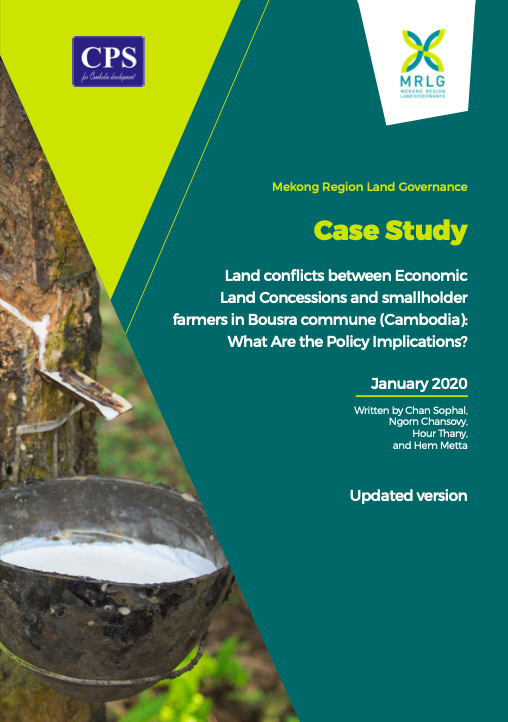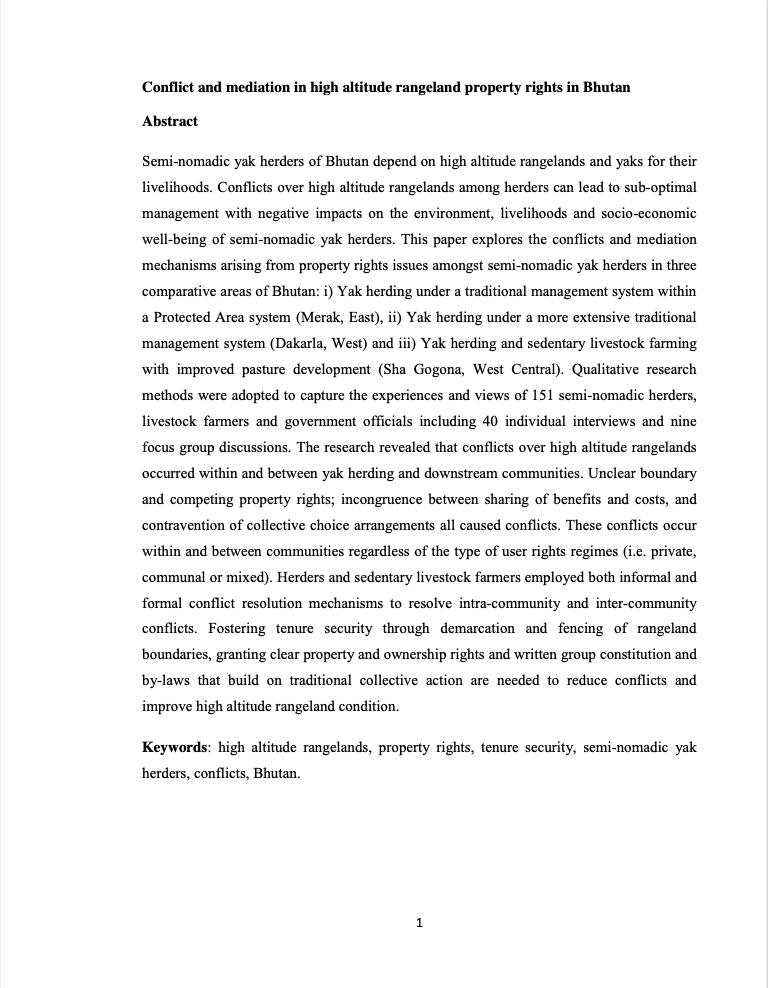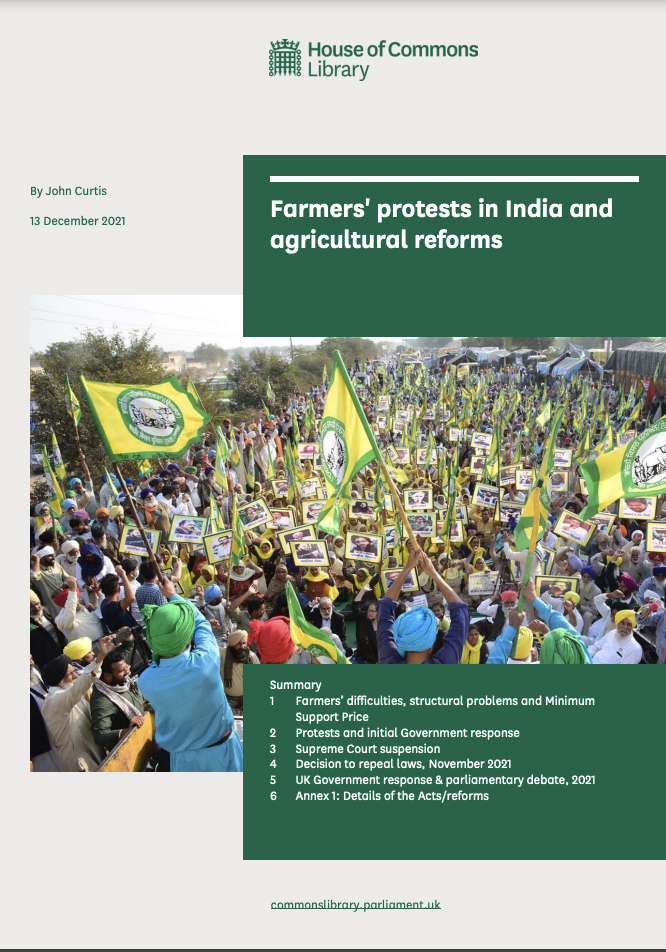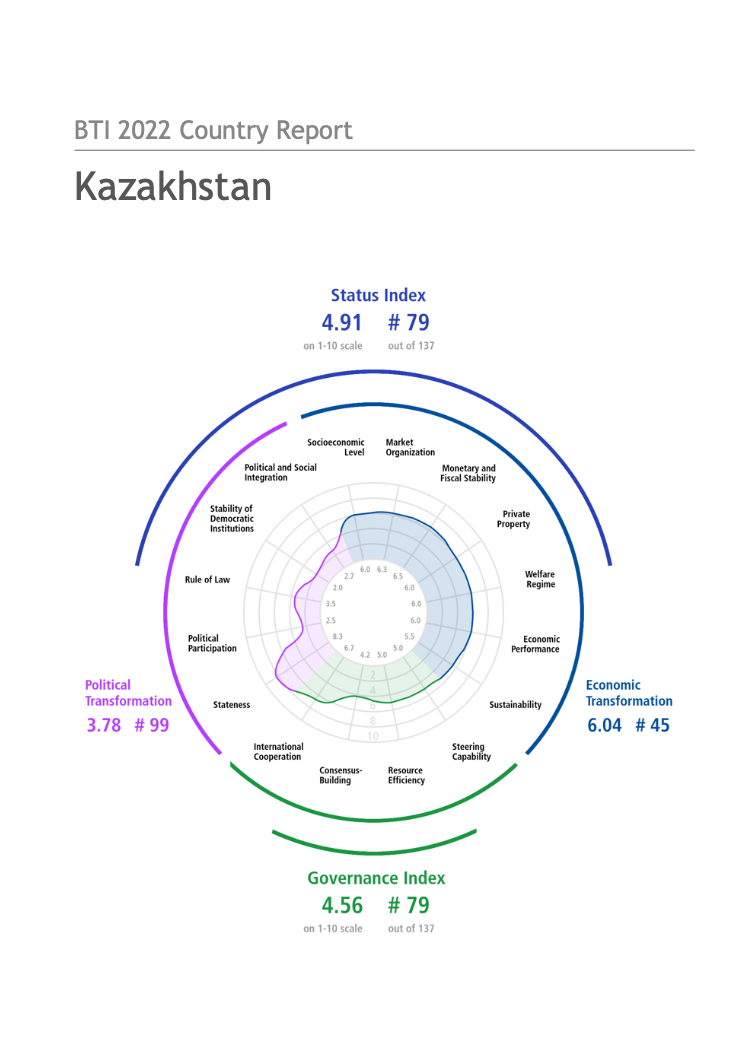Land conflicts between Economic Land Concessions and smallholder farmers in Bousra commune (Cambodia): What Are the Policy Implications?
In 2007-8, the Cambodian government granted Economic Land Concessions (ELC) to two rubber companies, namely Socfin-KCD and Dak Lak Mondulkiri Aphivath in Bousra commune, Mondulkiri province. Through a comparative approach, the Case study examines the impact of these rubber concessions on local land tenure systems. It examines how each company took into consideration the land claims of affected people and communities, and the effectiveness of the conflict resolution approach.










